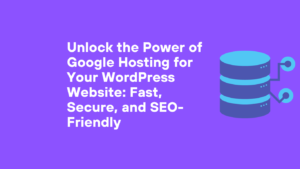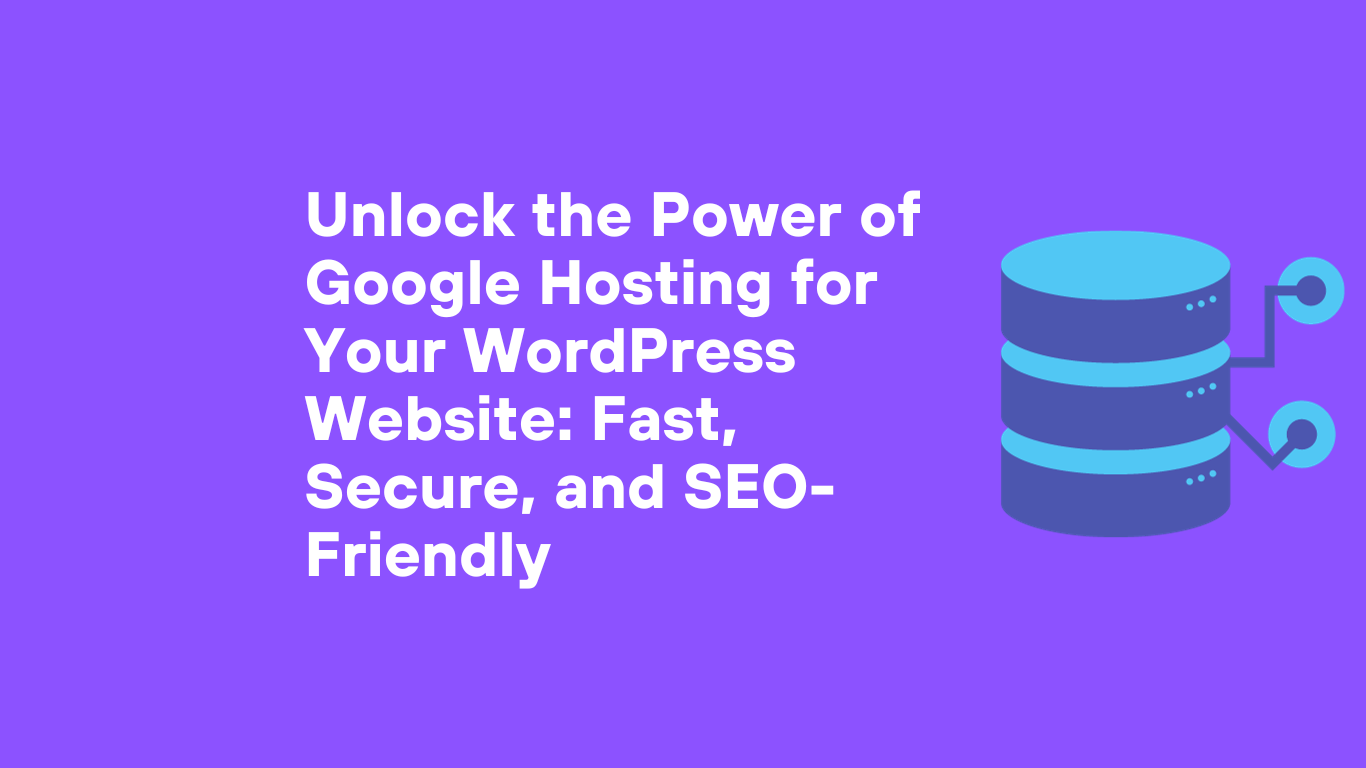When was the last time you gave your website the TLC it deserves? A website is like an online storefront—it’s the first impression many customers get of your brand. Imagine walking into a physical store with flickering lights, broken shelves, and outdated inventory. Would you stay? Probably not. The same logic applies to your website! Website management and care aren’t just optional in today’s digital age—they’re essential.
Not only does a well-maintained website create a seamless experience for users, but it’s also the backbone of your digital presence. Think about it: would you invest time and money into designing a masterpiece only to let it gather dust? Probably not. So, let’s dive into why website management matters and how you can stay ahead of the curve.
The Basics of Website Management
At its core, website management revolves around maintaining, updating, and optimizing your site to keep it running smoothly. It involves a blend of technical fixes, content updates, performance improvements, and security management. Think of it as routine maintenance for your car—you don’t wait for an engine failure before visiting the mechanic, do you? Good website care ensures the site supports your objectives while adapting to evolving user needs.
The big areas? Hosting, backups, updates, and security. These sound simple but have a profound cascading effect on your website’s performance and reputation.
Why Website Care is Non-Negotiable
You wouldn’t showcase a shop window covered in dust and cobwebs, right? A poorly managed website does exactly this to potential visitors. Outdated plugins, slow load speeds, or broken links can frustrate users, send your bounce rate sky-high, and even harm your SEO rankings.
Google penalizes websites with poor performance or outdated practices with lower visibility in search results. Additionally, security vulnerabilities put customer data—and your reputation—at risk. The result? A website that’s a liability, not an asset.
Core Components of Website Management
Effective website care rests on four pillars:
- Content Updates: Keep content updated, whether it’s blog posts, product descriptions, or team bios. Fresh content boosts engagement and SEO.
- Performance Optimization: Slow sites can alienate users. Regular checks and improvements keep things fast and functional.
- Security: Hackers exploit outdated software. Patching vulnerabilities, adding SSL certificates, and performing malware scans are non-negotiables.
- SEO Optimization: Broken links, irrelevant keywords, and unoptimized images? No way! Work on refining search visibility constantly.
The Importance of a Fast and Reliable Website
Speed isn’t just a nice-to-have—it’s the foundation for a successful website. Research proves that users are already clicking away if your site takes more than three seconds to load. Slow websites can directly impact conversions; it’s like having sticky doors at your shop’s entrance.
The added bonus? Fast sites rank better on Google’s algorithm, reducing bounce rates and improving user engagement. Use tools like Google PageSpeed Insights or WebPageTest to check your site’s performance.
Security and Website Management
Here’s a harsh truth: Nobody’s immune to cyberattacks. Small businesses often assume they aren’t targets, but in reality, hackers love easy prey (read: poorly maintained sites).
From brute force attacks to malware insertion, there are many threats. Investing in a robust firewall, running plugin updates consistently, and ensuring data is encrypted via SSL (HTTPS) can save you a world of trouble—and expense.
User Experience (UX): A Core Priority
User experience can make or break your website. Think of your site as a maze—nobody’s sticking around if it’s confusing! Simple navigation, mobile responsiveness, and easy access to information are key.
Poor UX isn’t just frustrating; it communicates neglect. A well-managed website stands out by creating a delightful experience, keeping users engaged, and converting them into loyal customers.
Website Backups and Their Importance
Ever accidentally deleted something important? Or worse, been the victim of a cyberattack? Backups are your safety net. Ideally, you should have automated backups set up weekly or even daily.
Think of this step as saving copies of your favorite photos—you’ll be glad you did if something gets “lost.”
SEO and Website Management
SEO isn’t set-it-and-forget-it. If your competitor is updating keywords, refreshing content, and optimizing their loading times, you’re falling behind. Perform regular audits to avoid penalization for broken links, bad meta tags, or poor mobile usability.
Speaking of mobile—Google has been prioritizing mobile-first indexing for years. Designing your site for phones is no longer optional.

Regular Analytics Monitoring
Analytics is your website’s report card. Want to know if your efforts are paying off? Tools like Google Analytics or Search Console are indispensable for tracking traffic patterns, bounce rates, and more.
It’s like checking your credit score—you can’t fix what you’re unaware of.
Evolving Needs: Integration and Scalability
Your website needs to grow with you. Need e-commerce functionality? Or maybe you’re planning an integration with your CRM? Website management ensures these changes happen seamlessly without breaking your existing setup.
Proactive care can even identify growth opportunities, like implementing AI chatbots or subscription systems before your competitors do.
Saving Long-Term Costs Through Proactive Management
Much like ignoring a small leak can flood an entire house, skipping website maintenance can lead to costly fixes down the road. Routine management prevents issues like server crashes or complete rebuilds—not to mention the loss of customers during downtime!
Outsourcing vs. In-House Website Management
Wondering whether to handle everything yourself or hire professionals? In-house management can save money but requires a knowledgeable team. Outsourcing frees up time and ensures specialists are handling your site with care.
Future Trends in Website Management
From AI-powered analytics to automated security updates, the future of website management is tech-driven. Expect predictive solutions that can alert you to issues before they affect visitors.
Cloud hosting is another trend making websites faster and more reliable—a win-win for businesses everywhere.
Actionable Tips to Get Started
- Set up regular backups: Start now with free tools if needed.
- Use a performance monitoring tool: Google PageSpeed is a great starting point.
- Update and secure your site: Don’t put off critical CMS or plugin updates.
- Invest in analytics: Knowledge is power—track and adapt as needed!
Conclusion
Website management and care aren’t just about tweaking visuals or adding occasional blog posts; they’re critical to staying competitive in today’s digital world. A neglected website can harm your brand reputation, ranking, and revenue. But when you actively maintain your site, it becomes a powerful tool for growth.
Don’t wait for your website to break down before you take action—start prioritizing its health today. Trust me, your digital storefront deserves it!
Frequently Asked Questions (FAQs)
Website management involves maintaining, updating, and optimizing your website to ensure it performs well, remains secure, and meets business goals.
Regularly—at least monthly for updates and weekly for backups. Content should be reviewed and refreshed as often as possible.
Costs vary, but it’s an investment that saves money by preventing costly problems in the future.
DIY is possible for simple sites, but professional expertise ensures better security and performance, especially for larger websites.
Tools like Google Analytics, Yoast SEO, and UpdraftPlus for backups can help you start managing your website effectively.








